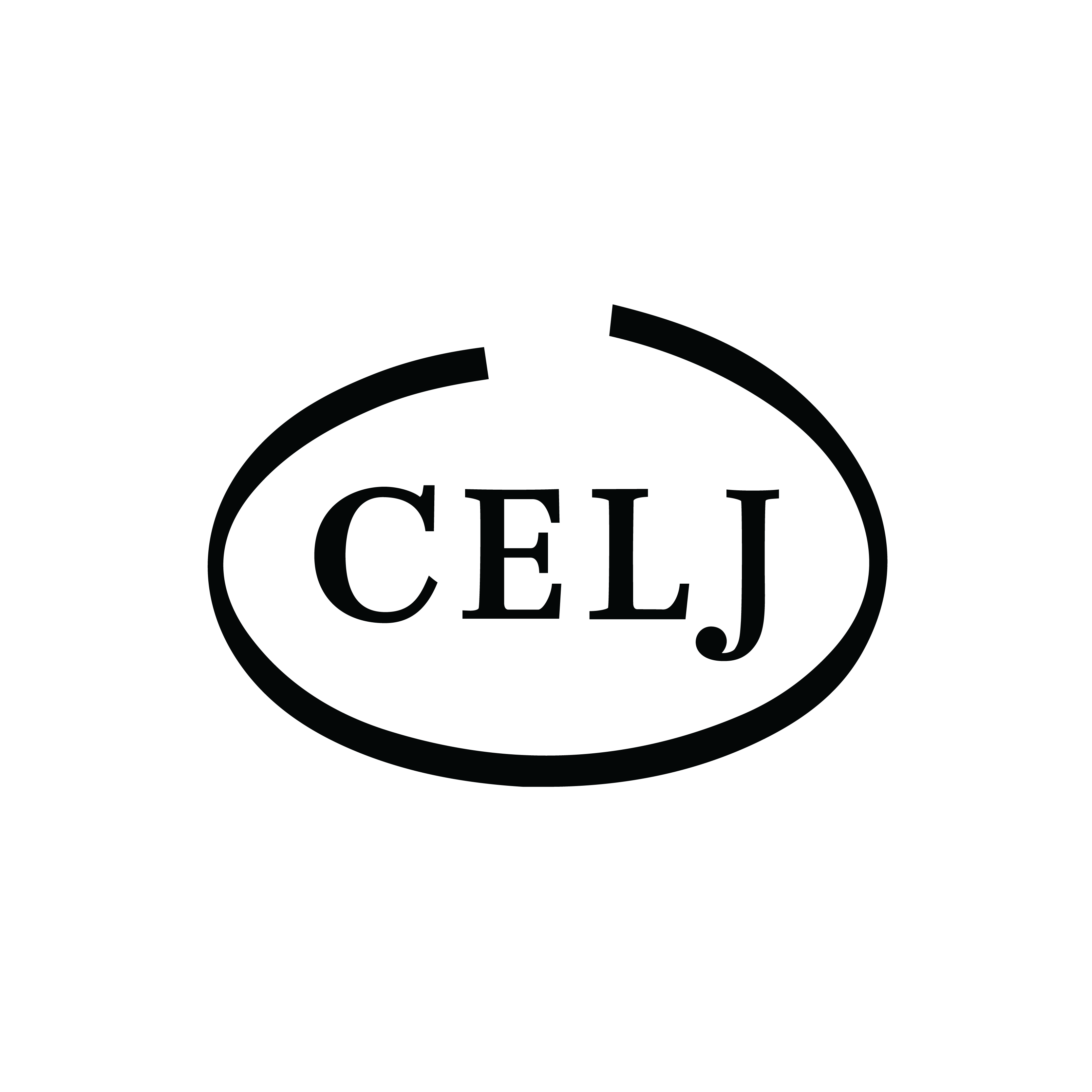Logging On
Cheryl Ball, Editor
We have a great selection of webtexts in this new issue of Kairos, at least one of which was a product of the inaugural KairosCamp workshop last summer. Applications are now being solicited for the second round of that two-week, residential institute—with all expenses paid courtesy of a grant from the National Endowment for the Humanities! Despite my recent and exciting move to Detroit to run a digital publishing center at Wayne State University, KairosCamp will still be hosted in Morgantown this year, thanks to wonderful colleagues at West Virginia University and WVU Libraries. I hope to see many Kairos reader–authors apply, and help us to spread the word! And stay tuned for more news about publishing projects and Vega happening in Detroit!
In the Disputatio section this issue, we have three very different webtexts—Kendra Andrews and T. Mark Bentley's screencast of "Multimodal Composing, Sketchnotes, and Idea Generation," which features handdrawn notes accompanying the aural soundtrack and a downloadable voiceover transcript. Then, Paul Muhlhauser and Daniel Schafer present "POOC Yourself," an infographic that explores Personal Open Online Courses as an alternative to MOOCs. A full HTML transcript is also available as part of the text. This section concludes with a real kicker—Stephen Quigley's altered book, "Welcome to The Letters of Anna Calhoun Clemson," a reinterpretation of the slave-owning Clemson (University) family narrative, told through page-based mash-ups, remix videos, and juxtaposed images and audio. We have worked closely with the author to make this piece as accessible as possible, providing in-video descriptive and voiceover transcripts as well as longer descriptions for the image-heavy piece. We acknowledge that some of its multimodal meaning might get lost in certain formats, so take this one in as a whole. It is a powerful piece.
The Topoi section features one of those KairosCamp webtexts we mentioned: Jason Palmeri and Ben McCorkle's "A Distant View of English Journal, 1912–2012," which explores the history of how the discipline of English studies has "responded to the presence of communication technologies." The authors' methodological approach uses distant reading methods to visualize our use of technologies as they have appeared in the pages of that scholarly journal over the last 100 years. Next, a multi-authored piece on multisensory approaches: "A Multisensory Literacy Approach to Biomedical Healthcare Technologies: Aural, Tactile, and Visual Layered Health Literacies," by Kristin Marie Bivens, Lora Arduser, Candice A. Welhausen, and Michael J. Faris. In this webtext, the authors present several cases of health literacy practices using aural, tactile, and visual analyses, adding to the growing body of medical humanities research coming out of rhetoric and composition studies.
Then we have three strong contributions in the Praxis section on teaching with alternate reality games, 3D authoring systems, and anonymous social media apps. Erin Brock Carlson starts the section with, "Navigating Shifting Social Media Networks," an exploration of the now-defunct Yik Yak app as a way to discuss how anonymous social media apps can be used in the classroom. Then Philip Ehrenberg, Patrick Jagoda, and Melissa Gilliam present a process- and praxis-based piece that tells the story of S.E.E.D., an alternate reality based game they created with researchers, designers, and students at the University of Chicago and with the Game Changer Chicago Design Lab. The purpose of the game was to increase interest in STEM fields, new media literacies, and civic engagement. Finally, in that section, Michael J. Faris, Andrew M. Blick, Jack T. Labriola, Leslie Hankey, Jamie May, and Richard T. Mangum describe the pedagogical process of working with littleBits, a physical computing system with modular circuitry used in Faris's graduate-level New Media Rhetorics class. This piece is aptly called "Building Rhetoric One Bit at a Time." In addition, we have three new pieces we've published over the last few months in PraxisWiki—on Markdown, Twitterbots, and using the Twitter archives.
Reviews and Interviews round out this issue with some politically inclined and globally aware issues. Gustav Verhulsdonck interviews Kirk St. Amant and Rich Rice on global technical communication; David Grant provides a review of Welsh and Scott's Composition in the Age of Austerity, and Lacy Hope reviews Donald Lazere's Political Literacy in Composition and Rhetoric.
We conclude this issue with the annual publication of session reviews from the 2017 Conference on College Composition and Communication. Thank you to Andrea Beaudin for leading the editorial efforts on that front again this year and to the Kairos staff for copyediting these reviews outside of their normal scope of duties.
We want to thank our entire staff for their excellent work on this issue and give specific praise to our seven new assistant editors, who jumped in with both feet to learn our copyediting processes mid-workflow. They include Jen Carter, Emily Hensley, Rachel Winter, Dan Martin, David Maynard, and Will Penman, along with Erin Bahl, who is working primarily on the KairosCast and accessibility projects for the journal. Welcome to the Kairos family!

